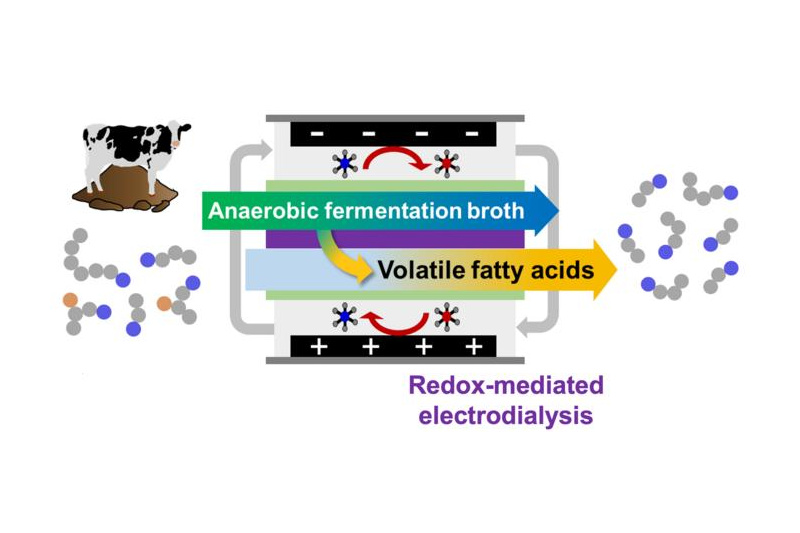

Genes mean ladies like friends and partners that smell like their father.
Bachelors – ditch the Old Spice and don your prospective father-in-law’s clothes. Women prefer the scent of their dad, a study shows, and may choose their friends and partners accordingly.
Nervous new boyfriends can live or die by the nod of a date’s daunting dad. But Carole Ober and her team at the University of Chicago in Illinois have found a more fundamental fatherly influence: women prefer the smells of men whose gene selection matches their dad’s1.
Could this be a female Oedipus complex? “It’s possible we would choose someone who smells like our dad,” says team member Martha McClintock. If so, it could help women choose partners who share a selection of their own healthy genes, rather than a total stranger, whose vigour is unknown.
Equally, women could favour friends and workmates who have a paternal perfume. The dad partiality may have evolved to help people recognize and look after unfamiliar members of their own extended family.
Wayne Potts, of the University of Utah in Salt Lake City, favours the latter idea. “There are dozens of other reasons to choose partners,” he says. When smells are judged out of context, it is difficult to know how this would affect everyday behaviour, he warns.
Sniffing the sheets
Women in Ober’s study snuffed men’s two-night-old T-shirts. “Think of what your pillow and sheets smell like,” suggests McClintock. These scents were presented to women, disguised in a box, alongside faint household odours such as clove, bleach and fresh laundry.
Men in the line-up each carried a different array of MHC genes, which are involved in fighting disease. Like vacillating brides, women were asked which scent they would choose if they had to smell it for the rest of their lives.
Women chose the scent of men whose array of MHC genes was similar to their own, the team found. The similar genes also matched, and were inherited from, the woman’s father.
Their choice was not down to familiarity with the odour from childhood. Women did not prefer the smell of a man whose MHC genes matched their father’s but not their own. If the preference were based simply on memory of the father’s smell, women would be less picky. “The genes are driving the preference,” says McClintock.
Same but different
Each person carries a unique combination of MHC genes, which help to recognize foreign cells in the body. An earlier smelly T-shirt study showed that women choose men whose selection is different from their own2. This seems to conflict with Ober’s study, in which women preferred a whiff of genetic similarity.
Inbreeding with genetically similar partners can cause problems in children – but outbreeding with partners whose genes are totally different can also spell trouble. Choosing partners with an intermediate blend of disease-fighting genes may give future children the best chance of survival, the team suggests.
References
- Jacob, S., McClintick, M.K., Zelano, B., & Ober, C. Paternally inherited HLA alleles are associated with women’s choice of male odor. Nature Genetics, DOI: 10.1038/ng830 (2002).
- Wedekind, C., Seebeck, T., Bettens, F. & Paepke, A.J. MHC-dependent mate preferences in humans. Proceedings of the Royal Society of London B, 260, 245 – 249, (1995).














